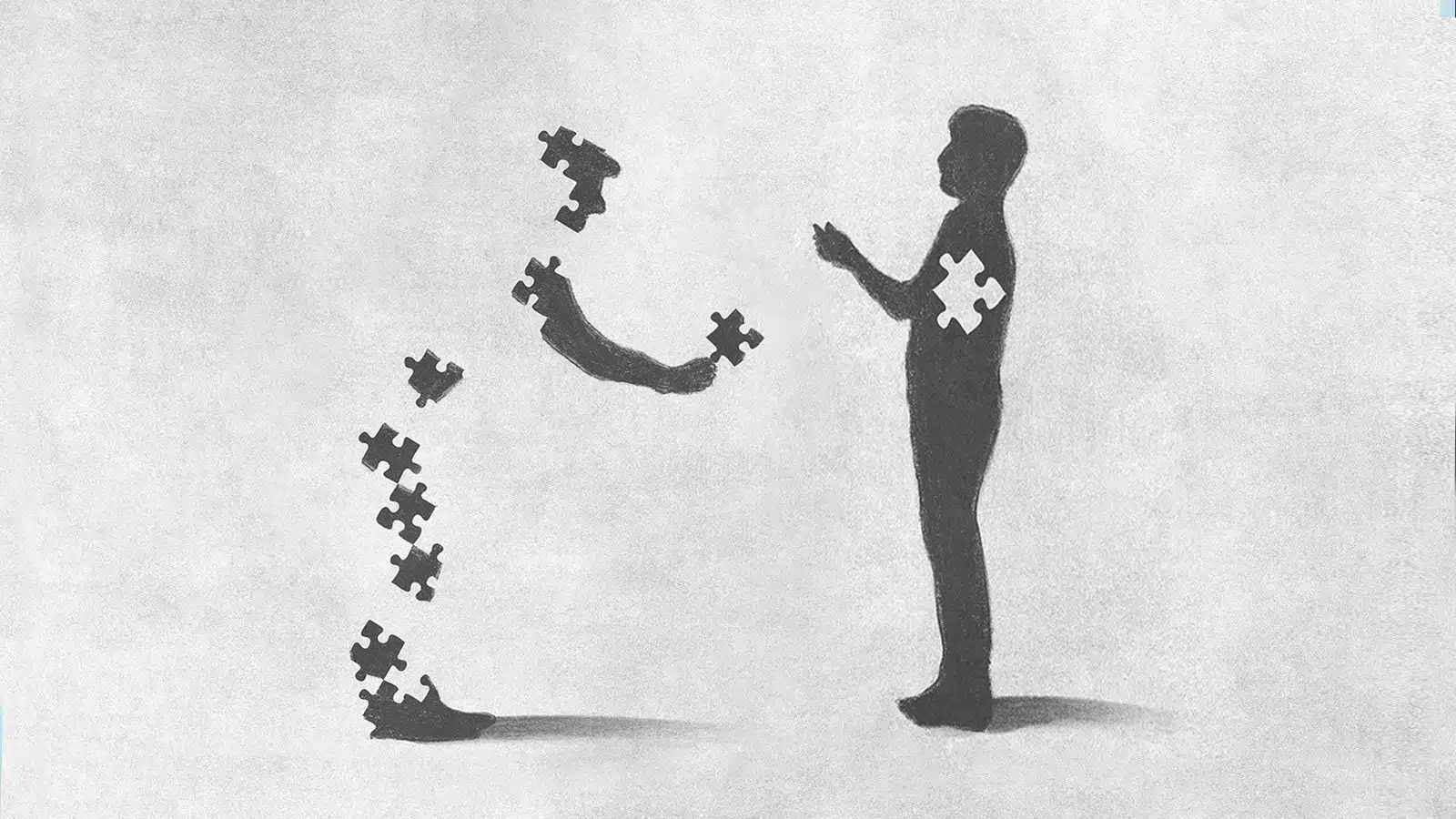Now Reading: How to Stop People-Pleasing Without Feeling Guilty
-
01
How to Stop People-Pleasing Without Feeling Guilty
How to Stop People-Pleasing Without Feeling Guilty

Saying “yes” when you want to say “no.” Apologising for things that aren’t your fault. Constantly adjusting yourself to keep others happy. These are everyday signs of people-pleasing—and many don’t even realise they’re doing it. The problem isn’t kindness. It’s the guilt that comes with choosing yourself. Here’s how to break the cycle without feeling like a bad person.
Understanding the Habit
People-pleasing often starts early. We’re taught to be helpful, polite, agreeable. But when it turns into always putting others first—even at the cost of our energy, time, or self-respect—it becomes a pattern that’s hard to break.
This habit is especially common in tightly knit families and communities, often seen in Tier 2 cities, where social image, family expectations, and “log kya kahenge” pressure can be intense.
What People-Pleasing Looks Like
You say yes to work you don’t have time for.
You feel responsible for others’ moods.
You avoid conflict at all costs.
You struggle to accept compliments.
You feel drained after social interactions.
It doesn’t mean you’re weak. It means you care—but maybe a little too much about others and too little about yourself.
Why Guilt Shows Up
The moment you start setting boundaries, guilt kicks in. You’re not used to disappointing others. You fear being seen as rude, selfish, or unreliable. This is emotional conditioning, not truth.
The guilt doesn’t mean you’re doing something wrong. It means you’re doing something new.
Steps to Stop People-Pleasing
- Pause Before You Say Yes
If someone asks something of you, don’t answer immediately. Say, “Let me think about it” or “I’ll check and get back.” This gives you space to respond, not react. - Start Small with Boundaries
You don’t have to make dramatic changes. Begin with small no’s. “I can’t take that call today.” “I won’t be able to make it to the meeting.” Let your no be clear and kind. - Write Down Your Needs
Ask yourself—what do I want, truly? Write it out. Getting familiar with your own desires helps you prioritise them in daily decisions. - Let Go of the Image
You’re not here to be everyone’s favourite person. You’re here to be real. Some people may not like the change, and that’s okay. Those who matter will adapt.
Why This Shift Is Healthy
When you stop people-pleasing, you show up more honestly in your relationships. You stop resenting others for crossing lines you never clearly drew. You feel lighter. More in control. And slowly, guilt gets replaced by peace.
Conclusion
Choosing yourself isn’t selfish—it’s necessary. Especially in a society that often rewards self-sacrifice, learning to protect your time, energy, and peace is a quiet kind of strength. The goal isn’t to stop caring. It’s to care without losing yourself in the process.

























